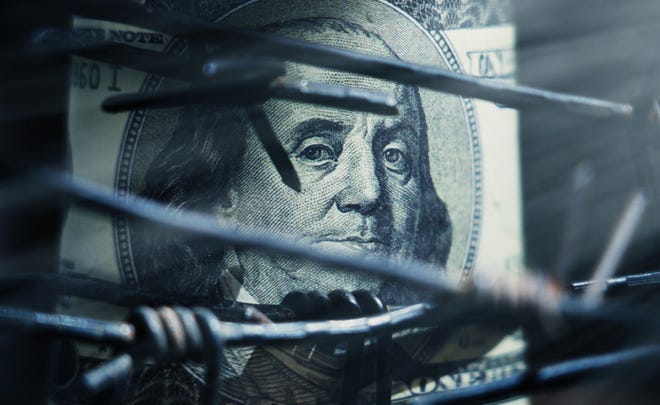U.S. Weaponization of Financial System Hurting Us, Not Them, As Forecast
If Russia achieves a substantial victory in Ukraine, it could mark a watershed moment signaling not only a military defeat for the U.S., but a more comprehensive financial system carnage.
NOTE TO READERS: The following is one of dozens of economic articles found in this week’s issue of The Trends Journal. Consider subscribing here for in-depth, independent geopolitical and socioeconom…



